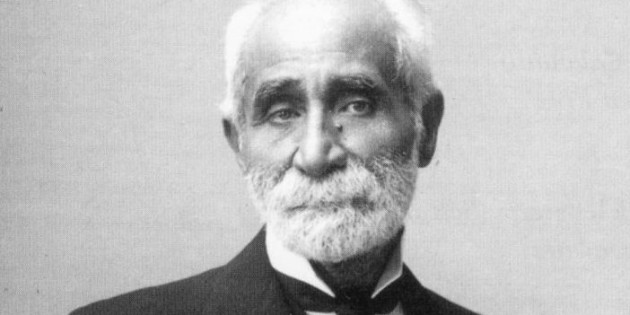The exploits of Sicilian puppets touch our souls, says Giuseppe Pitrè
The Palermitan folklorist Giuseppe Pitrè sounded better than anyone else the meanings hidden behind the most typical customs and traditions of Sicilians. In this sense, the most famous puppets of all, animated by strong feelings, have a profound connection with religion – and this explains the care with which tradition is still handed down to the youngest
«Human beings are always the same; their tastes and their tendencies change, they modify, but they remain human beings». This is the slide on human nature that gives us Giuseppe Pitrè, the greatest scholar of folklore ever existed, from the pages of his monumental work Library of Sicilian folk traditions, published in 25 volumes between 1871 and 1913. Taking as a fundamental premise this profound portrait, Pitrè helps us to give an explanation to a phenomenon at least curious: what is hidden behind the fascination that these puppets exercise on us even today? And why did this custom, which continues undaunted to be passed on from generation to generation, originally find such a tenacious rooting in Sicily? The answer is simple: because Sicilians are by nature tenacious themselves in clinging to their own story.
For the inhabitants of the island the meaning of the “Opera dei Pupi” (and of the fascinating events of Charlemagne and of his trusted paladins) is almost ancestral and brings us back to an almost unattainable time which, for this reason, is irresistibly suggestive. Moreover, if we think that the patron saint of Palermo, Santa Rosalia, is made to descend in a straight line just from the great Carolingian sovereign, we can see how everything lays under the banner of a Christian-pagan commingling. And religion, for Pitrè, is the crucial point of the question: the epic battle between very young heroes, like Orlando and Rinaldo, and the infidel and threatening Saracens touch the ropes of Sicilians, who make of their religious devotion a characteristic identity mark. Therefore, in this sense, it is easy to understand the attention that Sicilian folk has had towards a medieval chivalry, so deeply impregnated with spirituality, both in the historical reality and in the legends that have come down to us.

Giuseppe Pitrè
However, the theme of the puppets has even wider nuances. For a Sicilian, especially if illiterate, watching a puppets’ show is like reading the books of their memory, retracing the pages that unconsciously belong to them and describe them, telling them who they are and where they come from. Puppets involve every Sicilian, because they see represented on the scene the individuality of everyone, the aspirations of greatness and freedom that collide against a mysterious and elusive evil, which hinder sour existential journey. Attending a puppet show, in essence, means knowing what the Sicilians have always been, looking outside the fragments of the past that fit together and knock on the fragments of today’s soul, sick of secularity. Here is the secret of the most famous puppets of all: their ability, according to Pitrè, to satisfy the fantasy and imagination of Sicilian people with stories of love and noble enterprises, to generate excitement and wonder in those who find on the scene the concerns and the hopes that accompany them from their birth. And, as every human being remains such, just as lasting will continue to be the vitality of the “Opera dei Pupi”, intimate cultural heritage of a land of paladins always looking for something.
Translated into English by Eva Luna Mascolino



